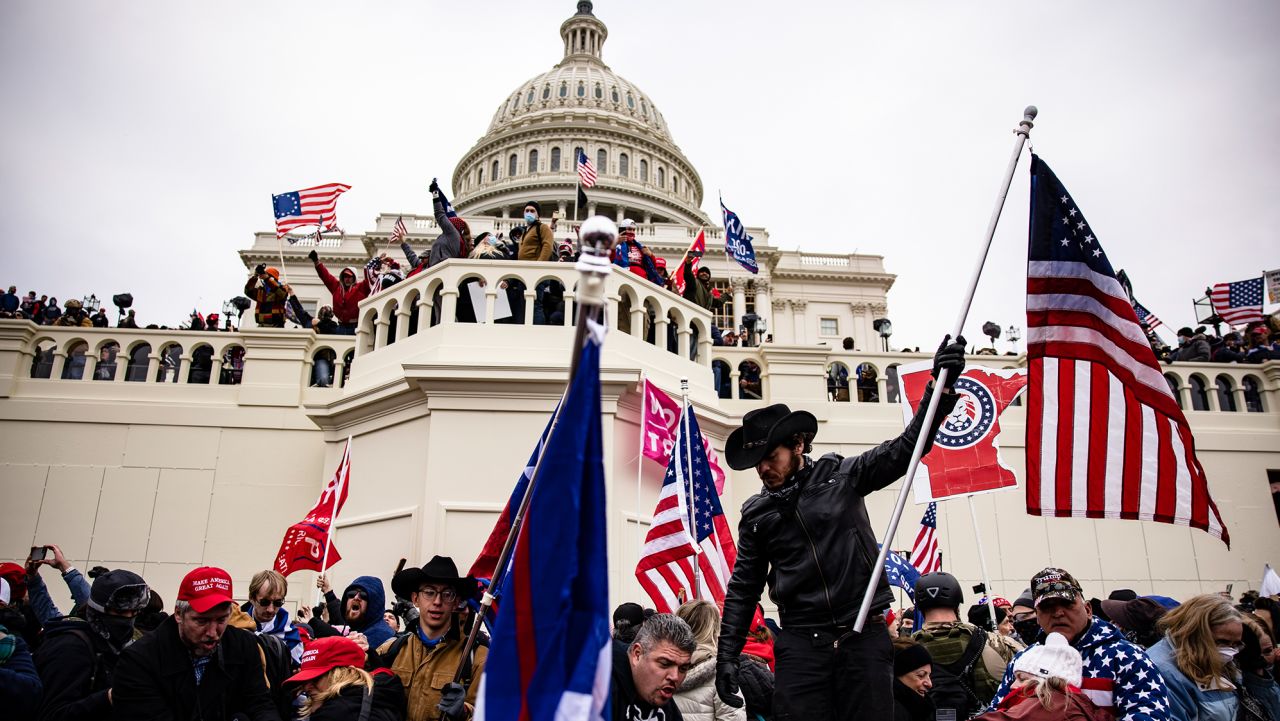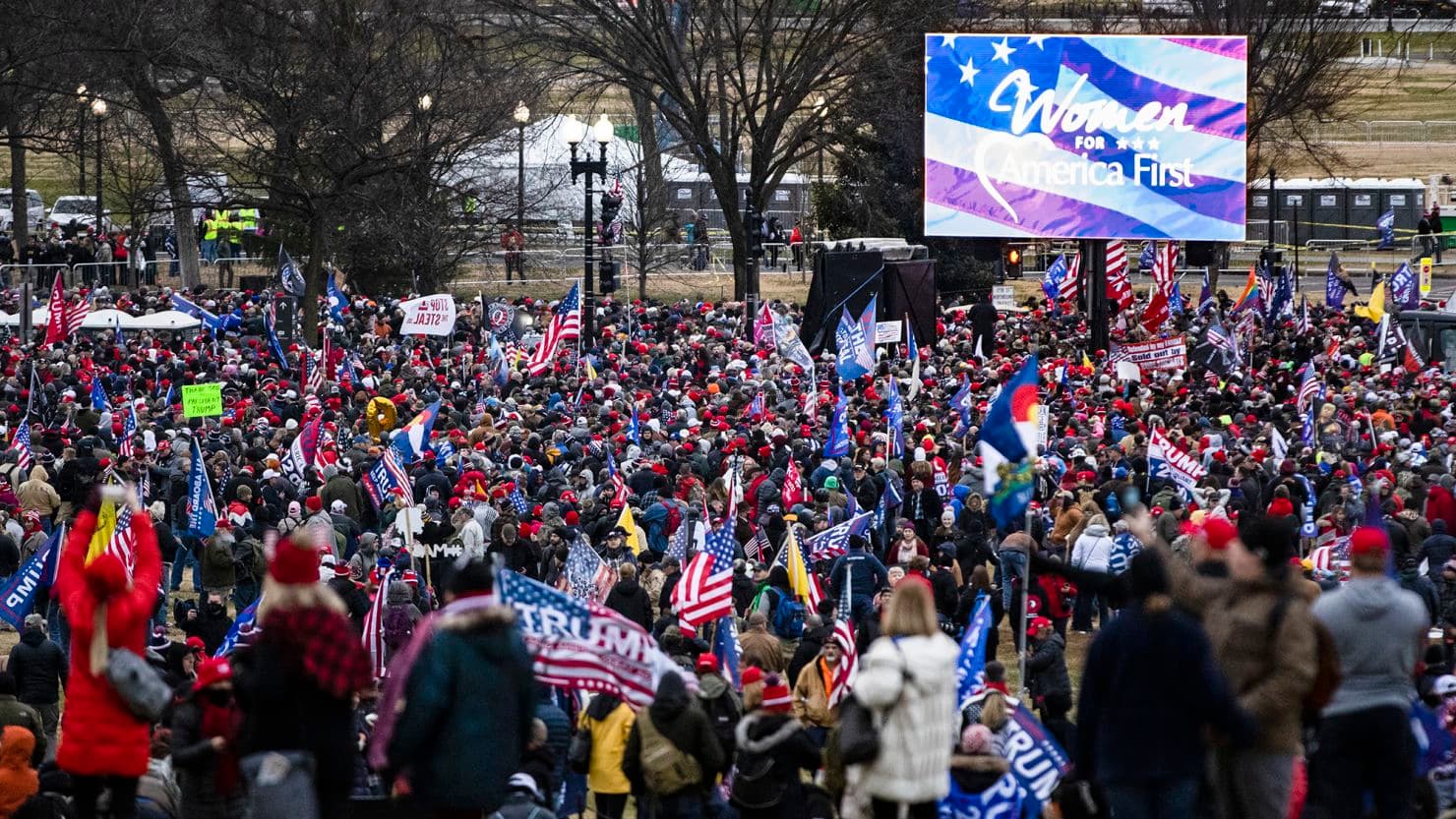A federal judge has imposed a staggering $2,000 daily fine on Caroline Wren, a key organizer of Donald Trump’s January 6, 2021 rally, for her blatant disregard of a civil court subpoena. This bold ruling underscores the increasing urgency for accountability surrounding the Capitol insurrection and the individuals who played pivotal roles in its orchestration.
Accountability in the Face of Defiance
Wren’s role as a liaison between the Trump administration and rally participants has raised serious legal questions. The court"s ruling, as reported by Politico, reveals a growing frustration within the judiciary regarding non-compliance from key figures linked to the events of January 6. U.S. District Judge Donald Middlebrooks highlighted the need for a fine substantial enough to compel compliance, stating that the penalty serves as a tool for enforcing the law.
Wren"s Evasion and the Broader Implications
The revelation that Wren has consistently failed to respond to subpoenas has raised eyebrows among civil rights advocates and legal analysts alike. Her actions not only demonstrate a personal defiance against the court but also reflect a broader culture of impunity that has been allowed to fester among certain political elites. The consequences of this defiance extend beyond Wren herself; they signal to other potential witnesses that evasion may be tolerated, thereby undermining the integrity of the judicial process.
Comparisons to Other High-Profile Cases
Wren is not alone in her apparent disregard for legal accountability. Former New York Mayor Rudy Giuliani has also been accused of similar non-compliance. As noted by Politico, a lawyer representing Capitol Police has expressed frustration at Giuliani"s lack of response to subpoenas, indicating a troubling trend of key figures attempting to sidestep legal scrutiny. This raises critical questions: What does it take for justice to be served in cases involving powerful individuals? Are we witnessing a double standard in how the law is applied?

Miami Courthouses | …
Legal Ramifications of Non-Compliance
The decision to impose a daily fine is a stark reminder of the potential legal ramifications faced by those who choose to ignore court orders. Judge Middlebrooks expressed a reluctance to resort to incarceration but indicated that further sanctions may be necessary if Wren continues to evade her obligations. The legal framework surrounding subpoenas is designed to ensure transparency and accountability, particularly in cases as significant as the Capitol riot.
The Fight for Civil Rights and Governance
This situation is emblematic of a larger struggle within the American political landscape. The ongoing resistance against accountability for January 6 participants highlights the fragility of democratic governance and civil rights. As a former civil rights attorney, I see this as a critical juncture where the judiciary must assert its authority to uphold the rule of law, especially when it comes to individuals who have wielded significant political power. The implications of this case extend far beyond Wren; they are a litmus test for our commitment to justice and equity in the face of political machinations.
Public Trust and Judicial Integrity
The lack of compliance from figures like Wren and Giuliani poses a significant threat to public trust in the judicial system. When individuals with vast resources and connections refuse to cooperate, it sends a message that the law applies selectively. This perception can erode faith in democratic institutions and foster a climate of cynicism among the electorate. As we move forward, it is imperative that the judiciary demonstrates its unwavering commitment to justice, ensuring that no one is above the law—even those who once occupied the highest offices in the land.

See how the Capitol Riot on January 6 unfolded



![[Video] Gunfire between Iraqi security forces and Sadr militias in Baghdad](/_next/image?url=%2Fapi%2Fimage%2Fthumbnails%2Fthumbnail-1768343508874-4redb-thumbnail.jpg&w=3840&q=75)
